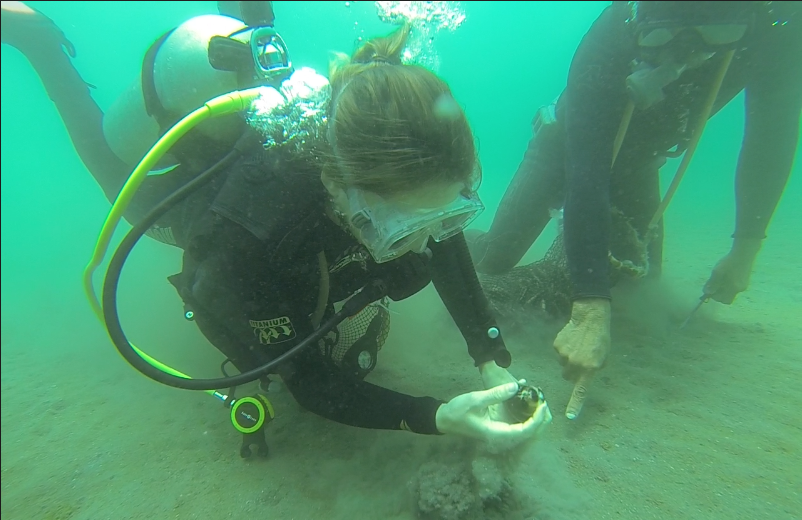
Size-selective fishing results in trade-off between fishery yield, reproductive productivity
How people fish matters perhaps as much as the quantity harvested, say University of Maine researchers Kara Pellowe and Heather Leslie.
Their study published in Ecosphere details the impacts of size-selective fishing on an economically important species of clam in Baja California Sur, Mexico.
The information is critical for fisheries managers to design policies that balance short- and long-term ecological and economic goals, say the scientists based at the Darling Marine Center in Walpole, Maine.
The findings highlight that size-selective fishing that aligns with the life history of target populations and stakeholders’ goals is critical to sustaining fisheries and the valuable food and livelihoods they provide.
